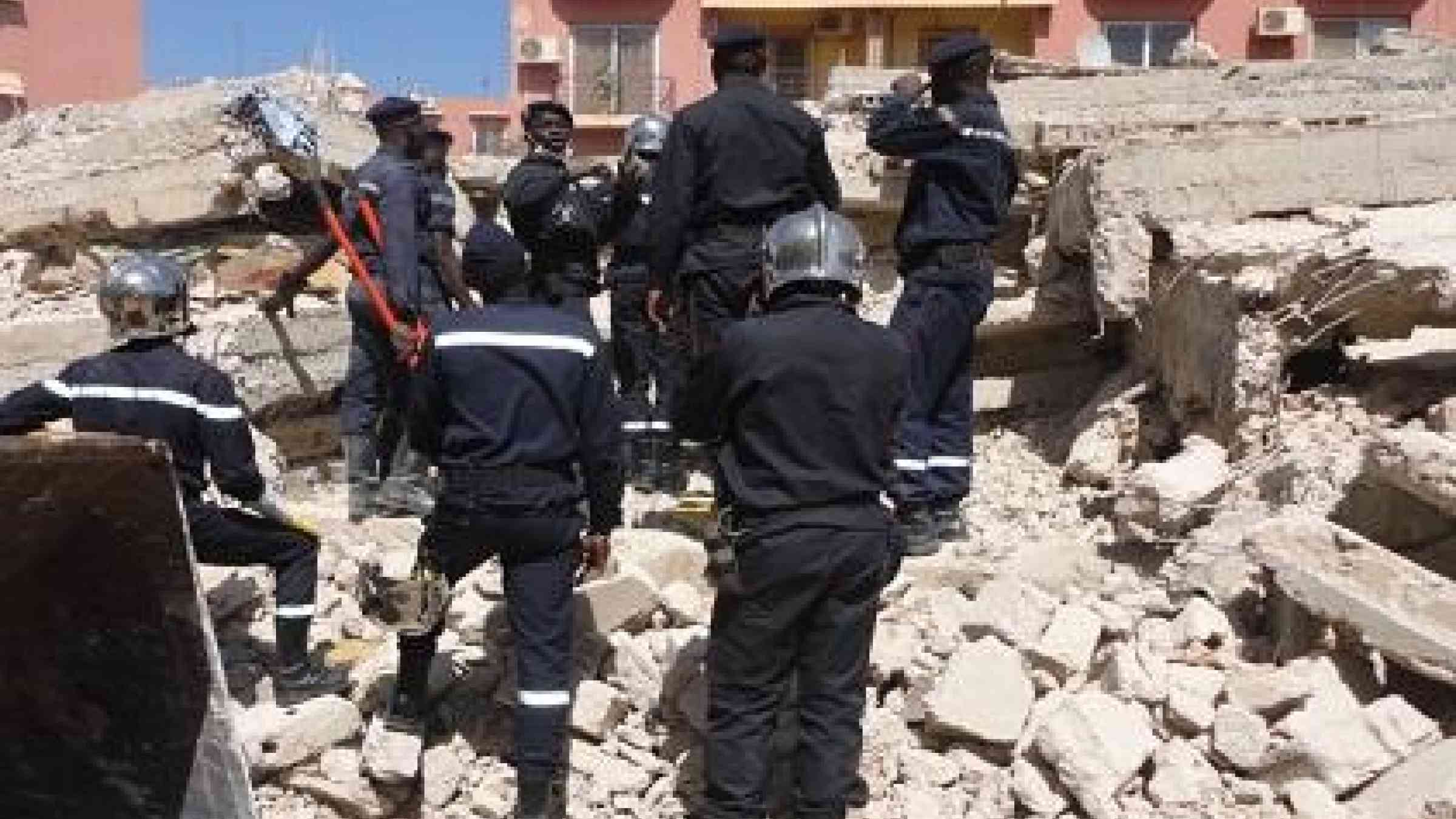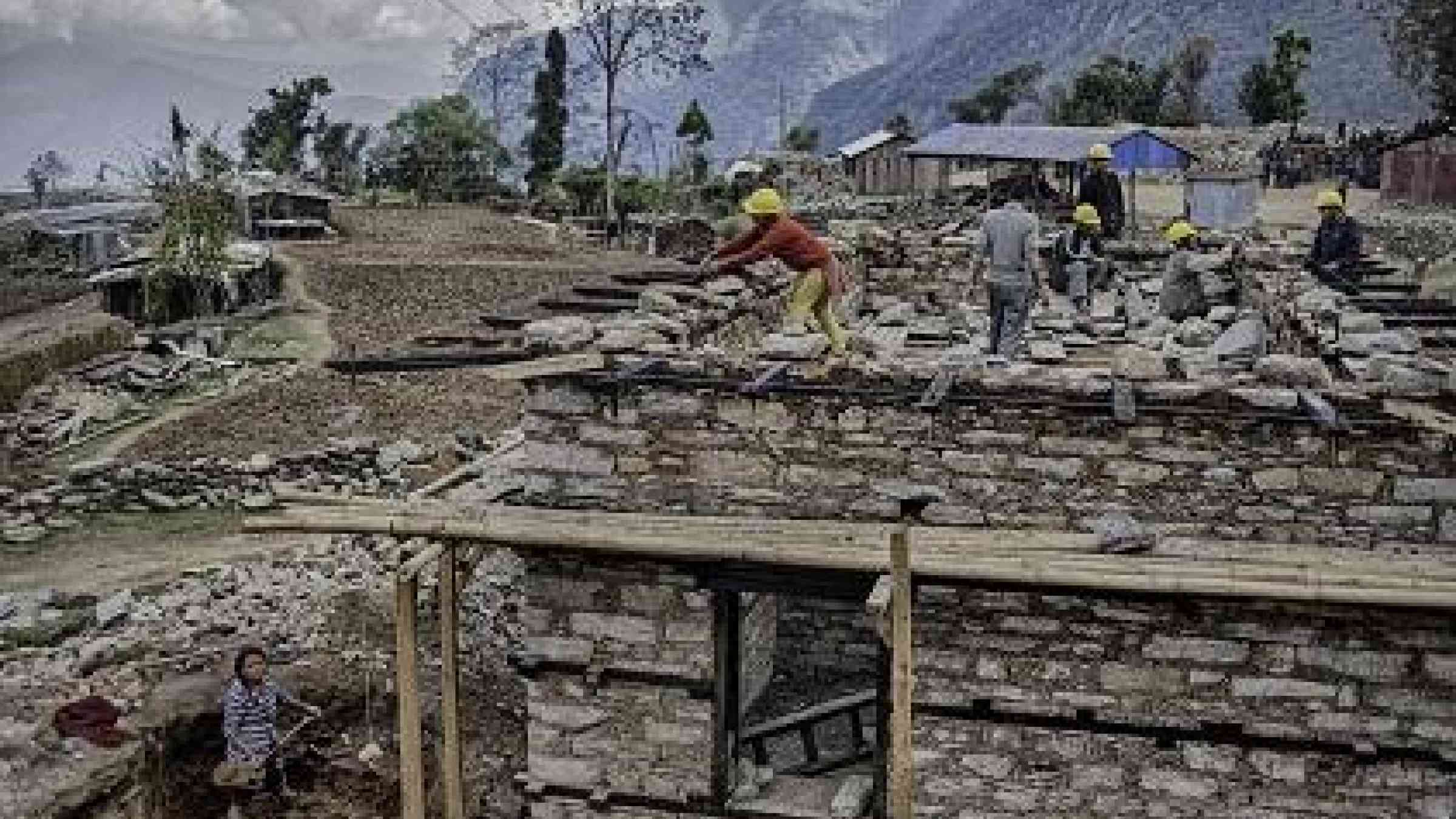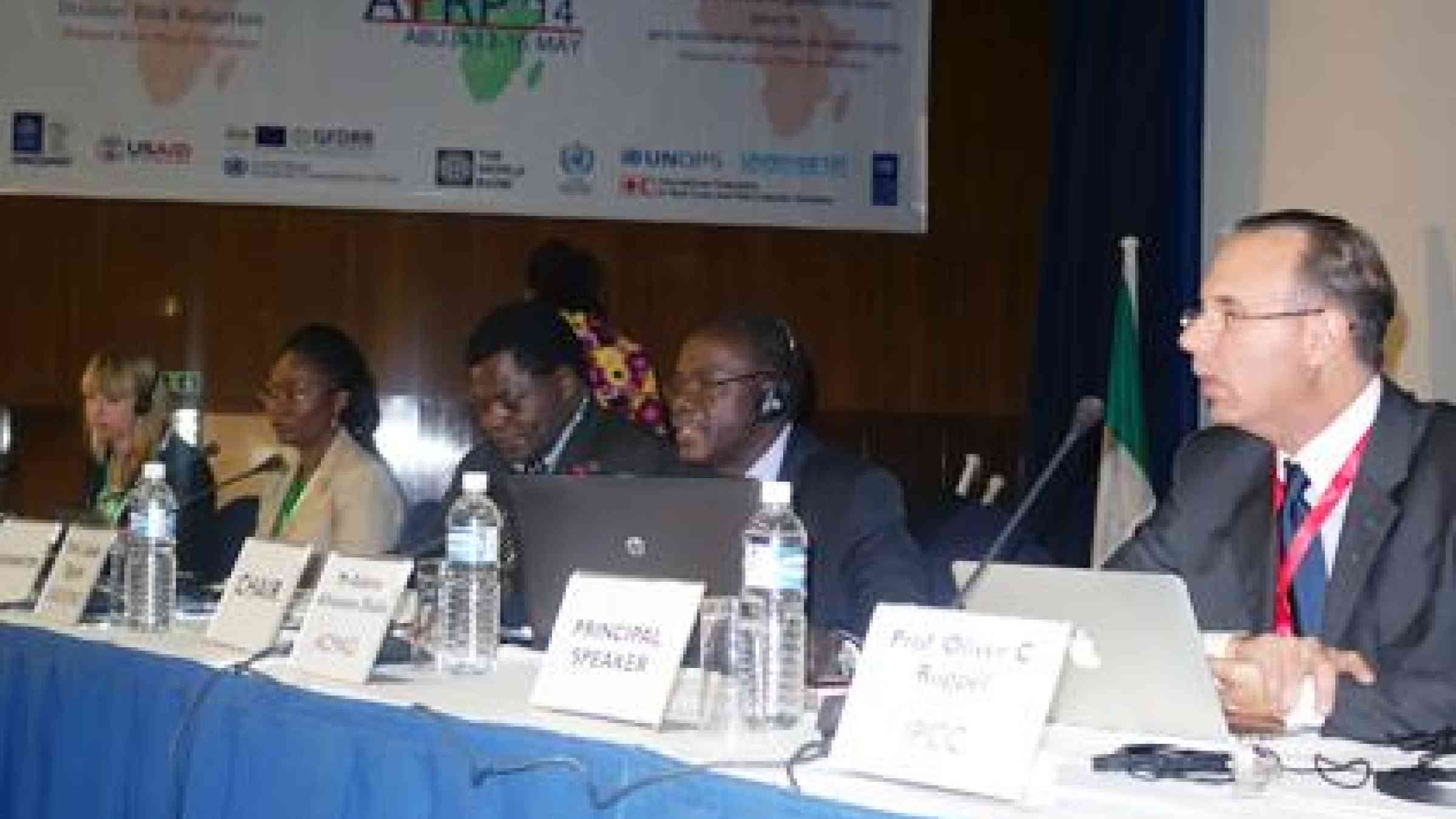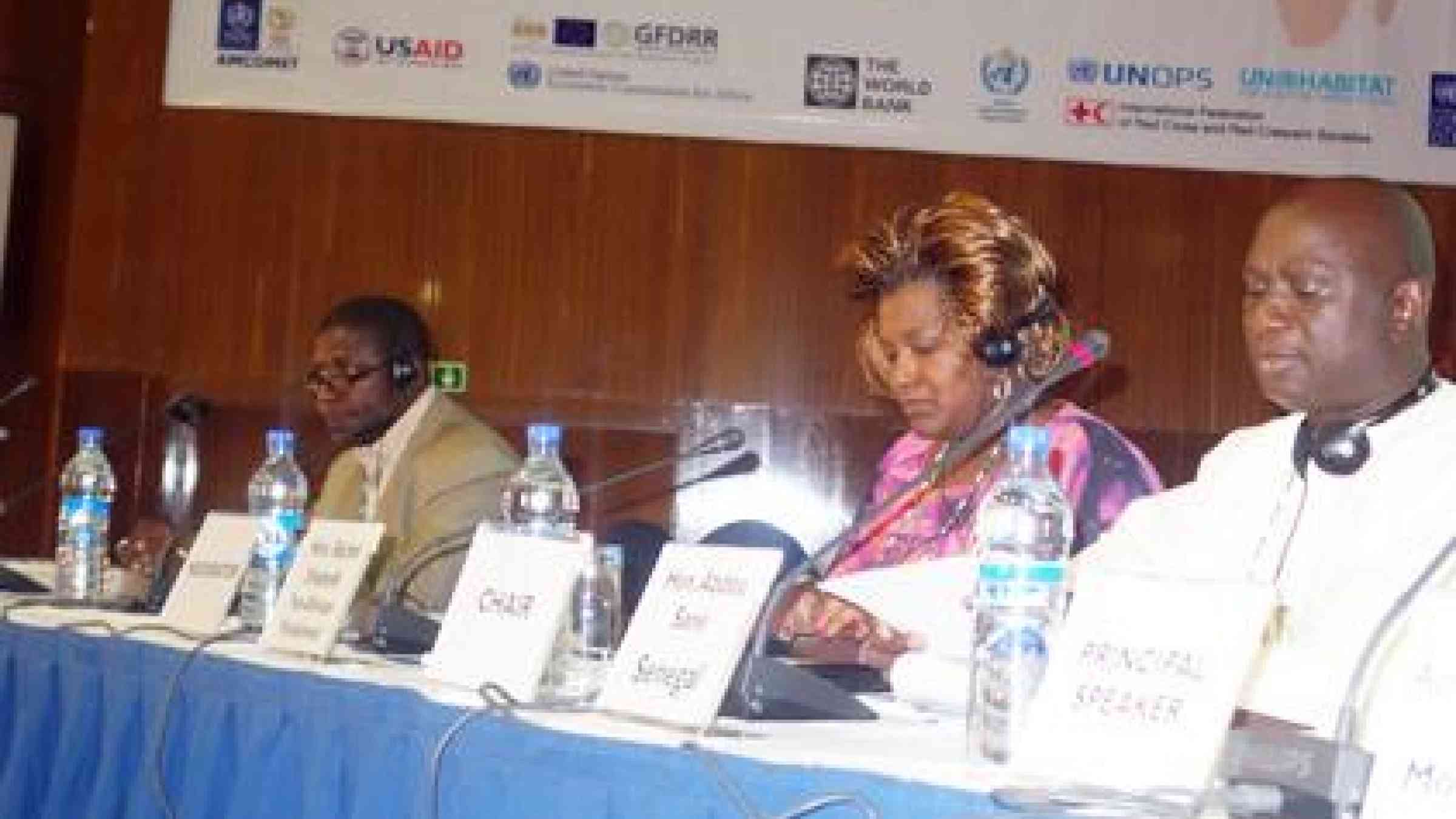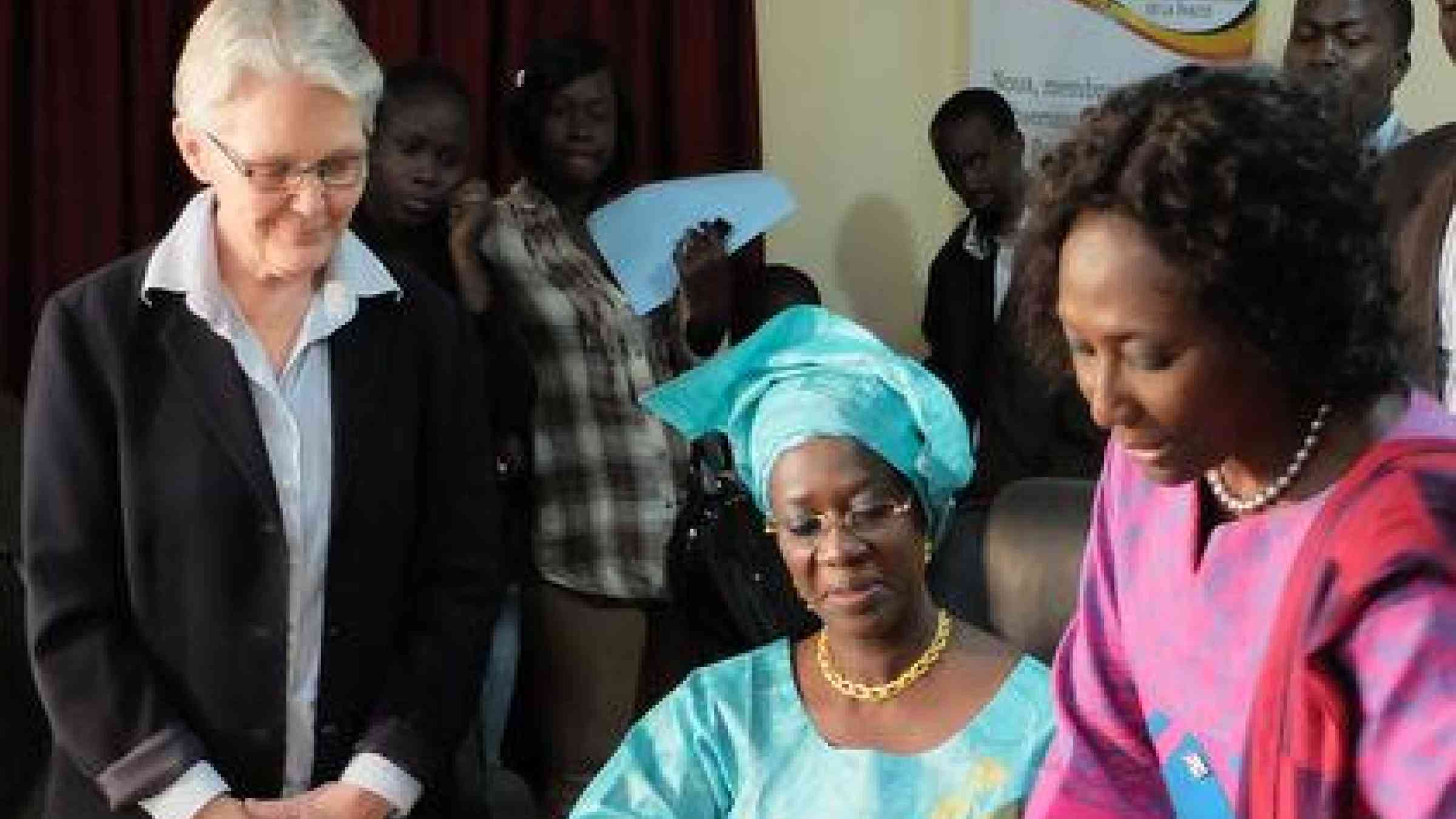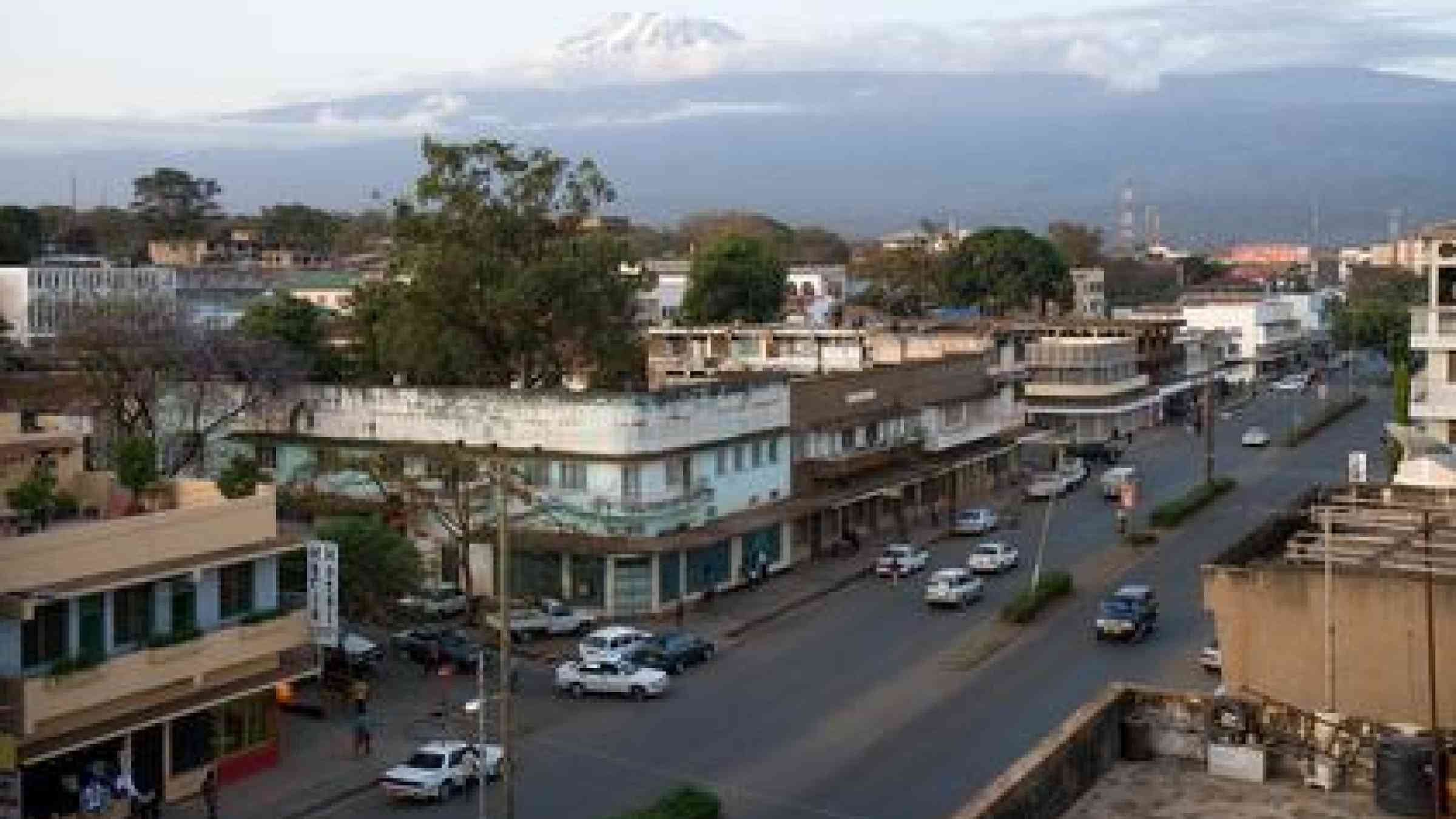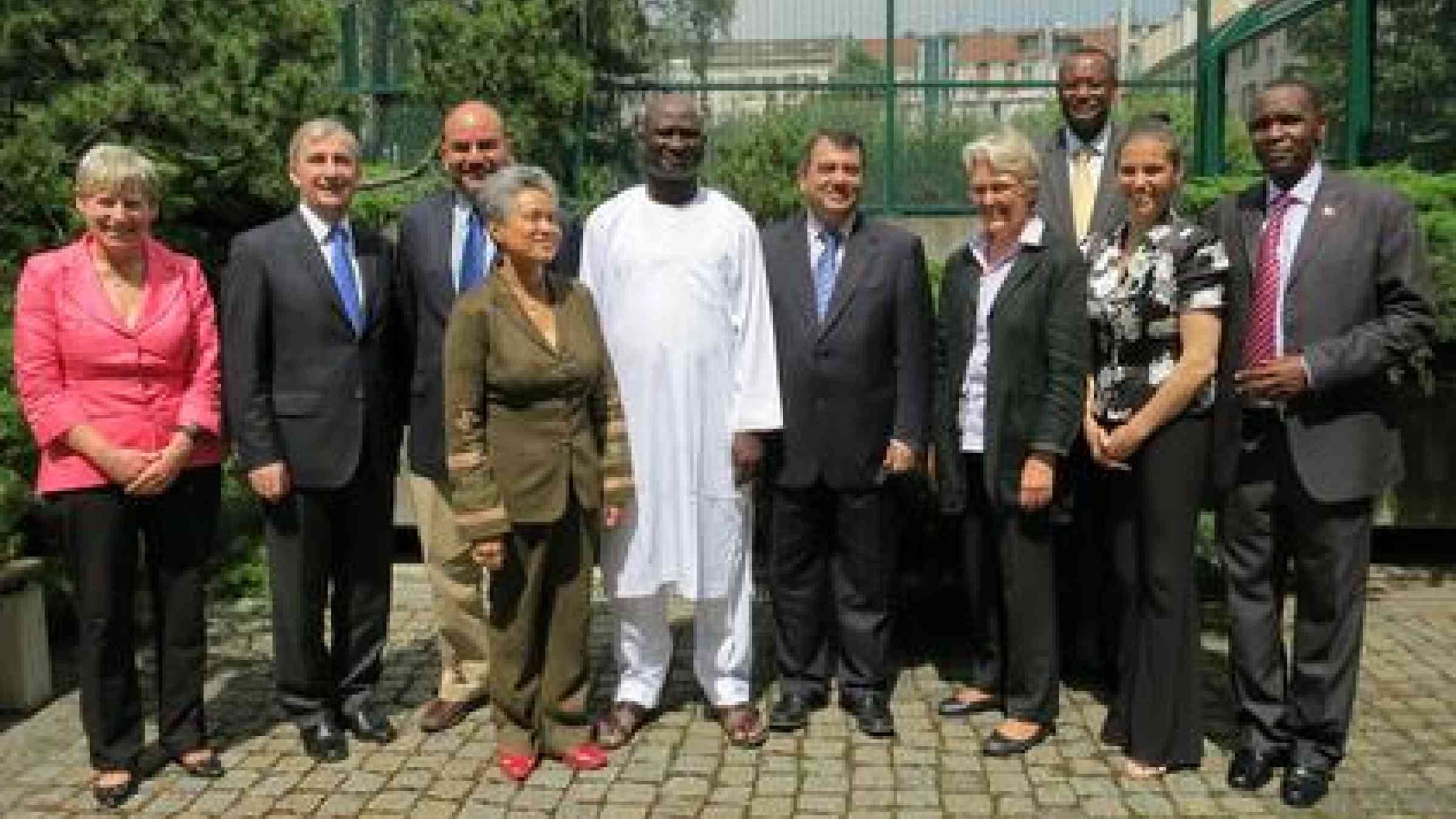Learn more about UNDRR's work with this country and in the region.
Senegal
Pagination
- Previous page
- Current page 1
- Page 2
- Page 3
- Next page
Related resource

Explore more DRR activities and resources for Senegal on PreventionWeb.
Is this page useful?
Yes No Report an issue on this pageThank you. If you have 2 minutes, we would benefit from additional feedback (link opens in a new window).
